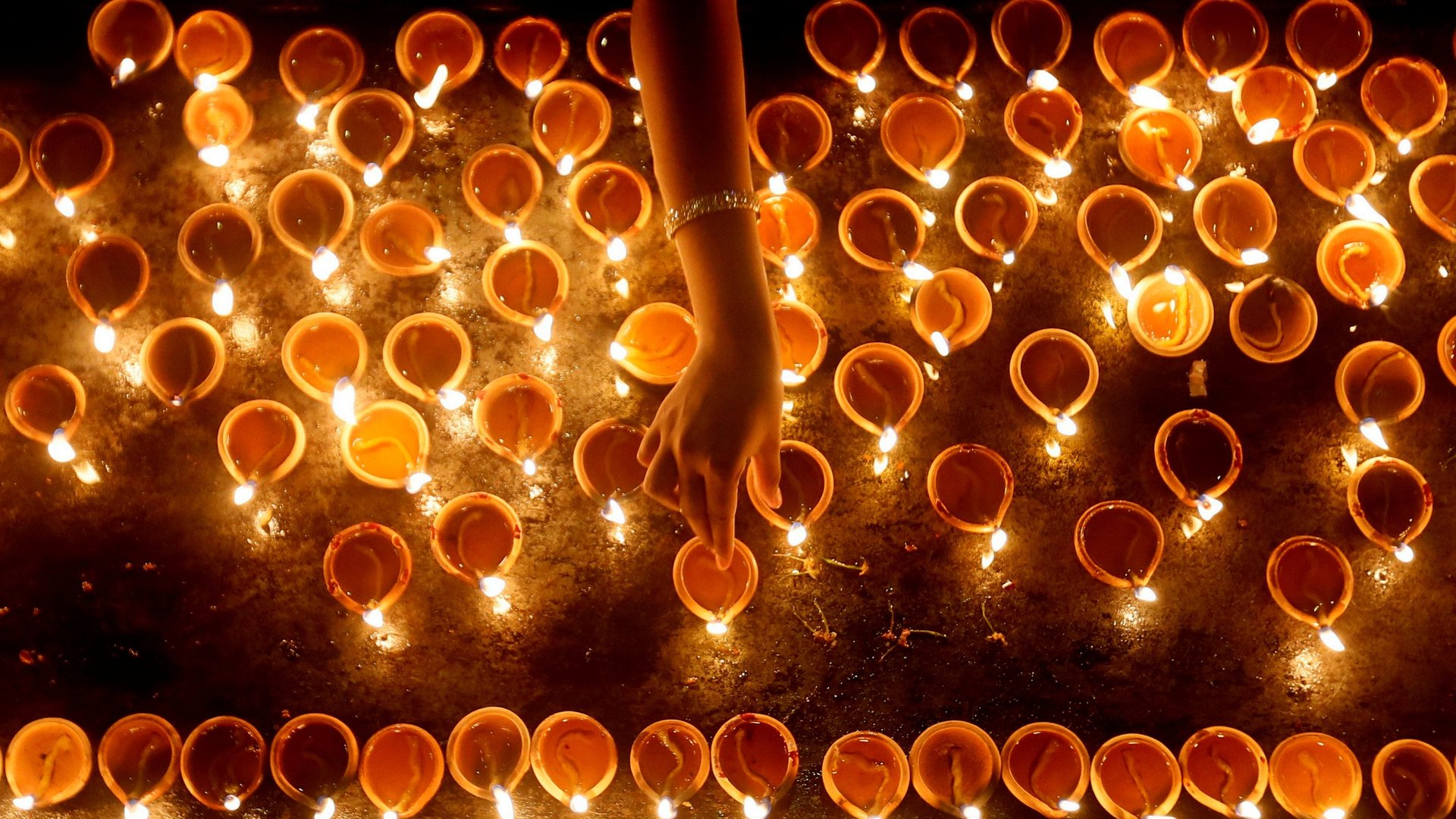Why it feels good to be a jerk
In his 2012 book The Righteous Mind, Jonathan Haidt tries to understand why we disagree with one another—especially, but not only, about politics and religion—and, more important, why it is so hard for people to see those who disagree with them as equally intelligent, equally decent human beings.


In his 2012 book The Righteous Mind, Jonathan Haidt tries to understand why we disagree with one another—especially, but not only, about politics and religion—and, more important, why it is so hard for people to see those who disagree with them as equally intelligent, equally decent human beings.
Central to his argument is this point: “Intuitions come first, strategic reasoning second. Moral intuitions arise automatically and almost instantaneously, long before moral reasoning has a chance to get started.” Our “moral arguments” are therefore “mostly post hoc constructions made up on the fly, crafted to advance one or more strategic objectives.”
Haidt talks a lot about how our moral intuitions accomplish two things: they bind and they blind. “People bind themselves into political teams that share moral narratives. Once they accept a particular narrative, they become blind to alternative moral worlds.” “Moral matrices bind people together and blind them to the coherence, or even existence, of other matrices.”
But how do we acquire these initial moral intuitions—or, rather, the ones that prove decisive for our moral lives? What triggers the formation of a “moral matrix” that becomes for a given person the narrative according to which everything and everyone else is judged?
I think C. S. Lewis answered that question in December 1944, when he gave the Commemoration Oration at King’s College in London, a public lecture largely attended by students. Lewis called his audience’s attention to the presence, in schools and businesses and governments and armies and indeed in every other human institution, of a “second or unwritten system” that stands parallel to the formal organization—an Inner Ring.1 The pastor is not always the most influential person in a church, nor the boss in the workplace. Sometimes groups of people with no formal titles or authority are the ones who determine how the organization works. They form its Inner Ring.
Lewis does not think that any of his audience will be surprised to hear of this phenomenon; but he thinks that some may be surprised when he goes on to make this claim: “I believe that in all men’s lives at certain periods, and in many men’s lives at all periods between infancy and extreme old age, one of the most dominant elements is the desire to be inside the local Ring and the terror of being left outside.” And it is important for young people to know of the force of this desire because “of all passions the passion for the Inner Ring is most skillful in making a man who is not yet a very bad man do very bad things.”
The draw of the Inner Ring has such profound corrupting power because it never announces itself as evil—indeed, it never announces itself at all: “To nine out of ten of you the choice which could lead to scoundrelism will come, when it does come, in no very dramatic colours. . . . Over a drink or a cup of coffee, disguised as a triviality and sandwiched between two jokes . . . the hint will come.” And when it does come, “you will be drawn in, if you are drawn in, not by desire for gain or ease, but simply because at that moment, when the cup was so near your lips, you cannot bear to be thrust back again into the cold outer world.”2 It is by these subtle means that people who are “not yet very bad” can be drawn to “do very bad things”—by which actions they become, in the end, very bad people.
This, I think, is how our “moral matrices,” as Haidt calls them, are formed: we respond to the irresistible draw of belonging to a group of people whom we happen to encounter and happen to find immensely attractive. We may be acting under the influence of strong genetic predispositions, but how those dispositions are activated seems largely to be a matter of what particular people one happens to bump into and when. The element of sheer contingency here is, or ought to be, terrifying: had we encountered a group of equally attractive and interesting people who held very different views, then we too would hold very different views.
For some, the attraction of the new people will be that they seem smart; for others, that they’re rich, or beautiful. For still others being radically different, socially or religiously or politically, from one’s immensely annoying family may be key.
But in any case, once we are drawn in, and allowed in, once we’re part of the Inner Ring, we maintain our status in part by coming up with those post hoc rationalizations that confirm our group identity and, equally important, confirm the nastiness of those who are Outside, who are Not Us. And it’s worth noting, as Avery Pennarun, an engineer at Google, has commented, that one of the things that makes smart people smart is their skill at such rationalization: “Smart people have a problem, especially (although not only) when you put them in large groups. That problem is an ability to convincingly rationalize nearly anything.”3
Excerpted from HOW TO THINK: A Survival Guide for a World at Odds (Currency, an imprint of Penguin Random House LLC). Copyright 2017.